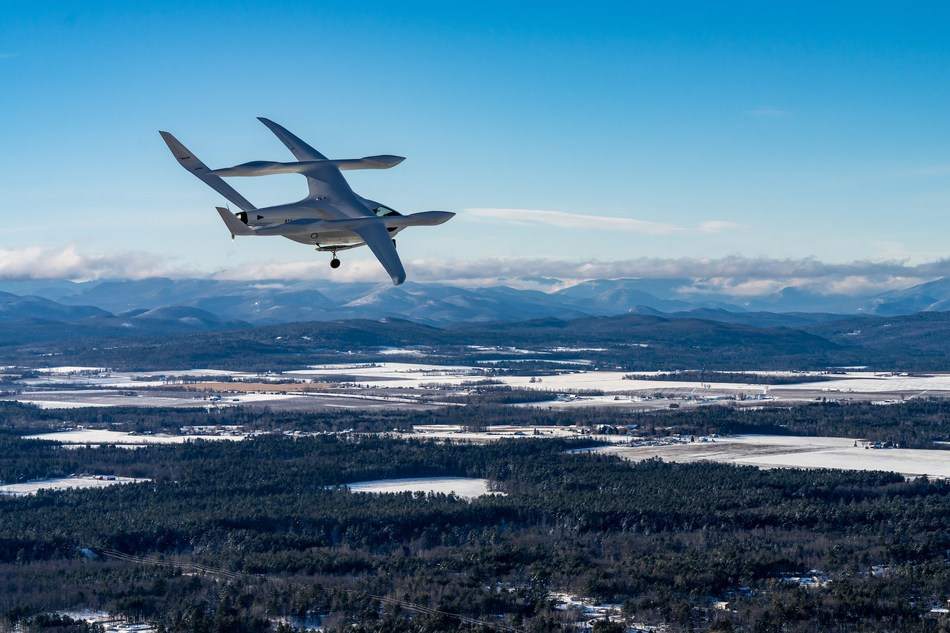The wave of electrification in the aviation industry
According to foreign media TechCrunch, Beta Technologies, a US electric aviation startup, recently completed a US$368 million Series A financing. This round of financing was led by Fidelity Management Research, followed by Amazon’s Climate Pledge Fund. The scale of Amazon’s fund is 2 billion U.S. dollars, and it has invested in new energy vehicles, battery recycling, and hydrogen fuel cells.
Beta Technologies was founded in 2017 and is currently valued at US$1.4 billion, focusing on the development of electric vertical takeoff and landing (eVTOL) aircraft and related charging systems.
With the maturity of battery technology, new energy vehicles have shaken the status of fuel vehicles on a global scale. Even in the aviation sector with higher power requirements, a wave of electrification is emerging. Prior to this, Toyota led the investment of US air taxi company Joby Aviation with US$349 million. Archer Aviation, which is positioned similarly, also announced a SPAC transaction this year, with a valuation of US$3.8 billion. Electric vehicles are extending from the highway to the sky.
Different from the two developers Joby Aviation and Archer Aviation, Beta Technologies’ business focus is not on passenger transport, It aims at the gaps in scenarios such as defense applications, cargo transportation, and medical logistics, and builds fast charging systems. The network serves as a supplement.
After three years of research and development, Beta’s first aircraft, ALIA-250c, accurately matched the above application scenarios. The ALIA aircraft has a wingspan of approximately 15 meters, a maximum take-off weight of 2.7 tons, and a full charge in only 50 minutes. Each aircraft can install up to five battery packs, and the range is about 400 kilometers.
In addition, the control system was streamlined during the design of the aircraft, achieving minimal operation from the pilot’s point of view. In view of the fact that Beta mainly serves scenarios such as medical transportation and needs the ability to work normally under various weather conditions, the stability and safety standards of ALIA aircraft are far beyond that of ordinary aircraft.
Image source | Beta official website
Beta’s fast charging system is compatible with a variety of electric vehicles, including cars, trucks and electric planes, further promoting the electrification of transportation. The system supports solar charging and storage. It can be installed in the airport as a stand-alone device or integrated into an external charging board. Taking into account the needs of pilots, Beta has also set up maintenance workshops, rest areas and temporary accommodations in the charging station to integrate multiple functions.
At present, Beta has initially established a cooperation network in the medical and freight fields, including the transportation of synthetic organs for human transplantation for United Therapeutics. Recently, UPS, one of the three major logistics companies in the United States, also announced a cooperation with Beta, booking 150 Beta aircraft and supporting charging station facilities, and is expected to complete the delivery in 2024. After ordering more than 10,000 new energy trucks, Beta became the first entry point for UPS to realize electrification in the aviation field.
While focusing on the B-side freight, the company has gradually begun to make efforts in the passenger transport field. In April, Blade Urban Air Mobility became Beta’s first passenger service customer and ordered 5 ALIA aircraft for short-haul passenger flights.
In the long run, Beta plans to use new funds to improve electric vertical aviation technology, while increasing production capacity, ensuring delivery cycles, accelerating the construction of charging station infrastructure, and expanding the scope of services to commercial scenarios.
